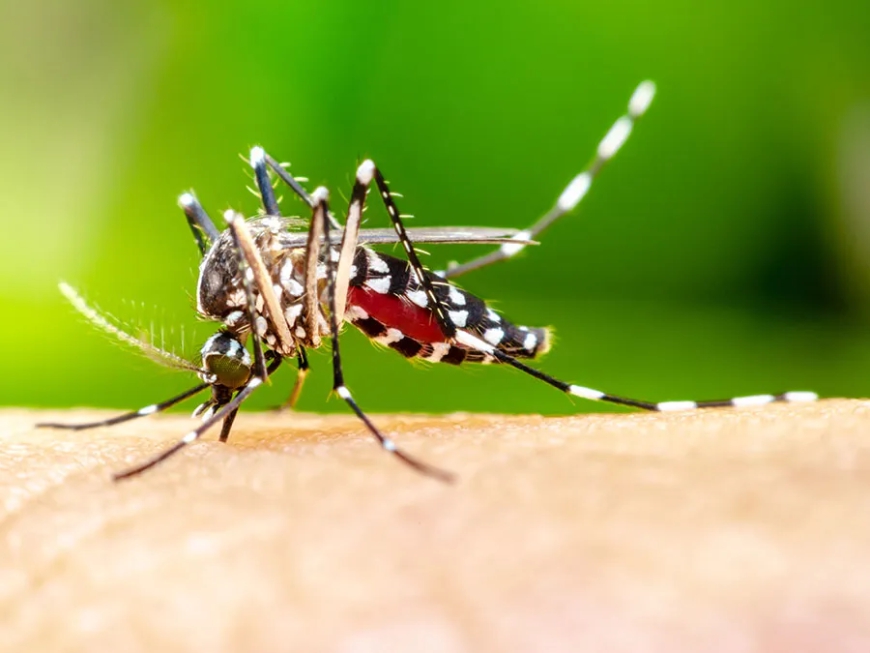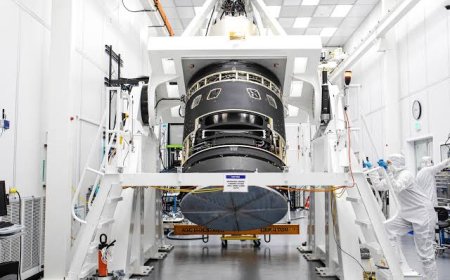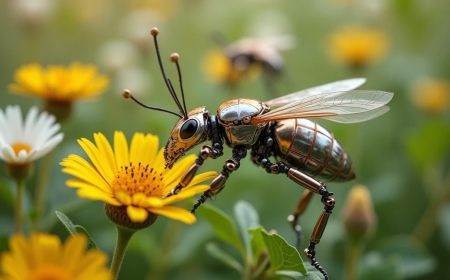The biology of male mosquitoes, their historical behaviors, and their ecological significance
When discussing mosquitoes, the conversation typically centers around female mosquitoes, known for their blood-sucking behavior and the diseases they can transmit. However, male mosquitoes play a crucial yet often overlooked role in the ecosystem. This article explores the biology of male mosquitoes, their historical behaviors, and their ecological significance, drawing on recent scientific insights.

The Biology of Male Mosquitoes
Life Cycle and Feeding
Mosquitoes undergo a four-stage life cycle: egg, larva, pupa, and adult. Unlike females, which require blood for developing eggs, male mosquitoes primarily feed on nectar and plant juices. This diet fuels their energy needs for mating and flying, allowing them to participate in vital ecological functions such as pollination.
Physical Characteristics
Distinguishing male from female mosquitoes can be done through physical traits. Males are generally smaller and possess feathery antennae, which enhance their ability to detect pheromones released by females during mating. This is critical in their courtship behaviors, where they often form swarms to attract females.
Historical Insights: Blood-Sucking Behaviors
Ancient Ancestry
Recent studies, including those discussed in Smithsonian Magazine, suggest that male mosquitoes may have had ancestors that consumed blood. Fossilized specimens found in amber reveal characteristics that indicate a possible historical shift in feeding habits. While modern male mosquitoes do not feed on blood, these findings prompt intriguing questions about the evolutionary pathways of these insects.
Adaptation and Evolution
The shift from blood-sucking to nectar-feeding among male mosquitoes reflects broader ecological adaptations. Over millions of years, as the roles of male and female mosquitoes diverged, males evolved to support their primary role in mating rather than blood-feeding.
Mating and Reproductive Behavior
Courtship and Swarming
Mating rituals among male mosquitoes are intricate. Males often gather in swarms to attract females, engaging in aerial displays that highlight their fitness. The ability to produce pheromones is critical; these chemicals signal readiness to mate and help females select the most suitable partners based on genetic diversity.
Genetic Diversity and Evolution
The courtship behaviors of male mosquitoes contribute significantly to the genetic diversity of populations. This diversity is essential for the adaptability of mosquito species, particularly as environmental conditions change due to factors like climate change.
Ecological Roles of Male Mosquitoes
Pollination Contributions
Though primarily viewed through the lens of nuisance and disease transmission, male mosquitoes contribute to pollination. Their nectar-feeding habits support the reproduction of various plants, including those that humans depend on. This role is crucial in maintaining biodiversity and ecosystem health.
Food Source in the Ecosystem
In the food web, male mosquitoes also serve as a food source for numerous predators, such as birds, bats, and other insects. This contribution helps sustain these predator populations, illustrating the interconnectedness of ecosystems.
The Impact on Human Health
Mosquito-Borne Diseases
While male mosquitoes do not directly contribute to the transmission of diseases like malaria and dengue, their existence is intertwined with the life cycles of female mosquitoes, which are the primary vectors for these illnesses. Understanding the dynamics between male and female mosquitoes is essential for effective mosquito control strategies.
Innovative Control Methods
Recent research has led to innovative methods for controlling mosquito populations, particularly through the release of genetically modified male mosquitoes. These males are engineered to mate with females, resulting in a population decline. This approach seeks to reduce the incidence of mosquito-borne diseases while respecting the ecological roles of these insects.
Future Directions in Mosquito Research
Genetic and Climate Research
Ongoing genetic studies aim to deepen our understanding of mosquito biology. Researchers are investigating how genetic variations affect behaviors, mating success, and adaptability to changing environments. Additionally, as climate change impacts ecosystems, understanding how mosquito populations adapt will be crucial for predicting health risks in the future.
Conservation Considerations
Efforts to conserve mosquito populations are essential, given their ecological significance. While controlling disease transmission is vital, completely eradicating mosquitoes could disrupt ecological balances. Striking a balance between human health and ecological integrity is key.
Conclusion
While male mosquitoes may not carry the same notoriety as females, their roles in ecosystems and their fascinating biology deserve recognition. From their nectar-feeding habits to their contributions to pollination and genetic diversity, male mosquitoes are integral to understanding the complex interactions within ecosystems. As research continues to unravel the mysteries of these insects, it’s crucial to appreciate their contributions and consider their roles in maintaining ecological balance.

















































